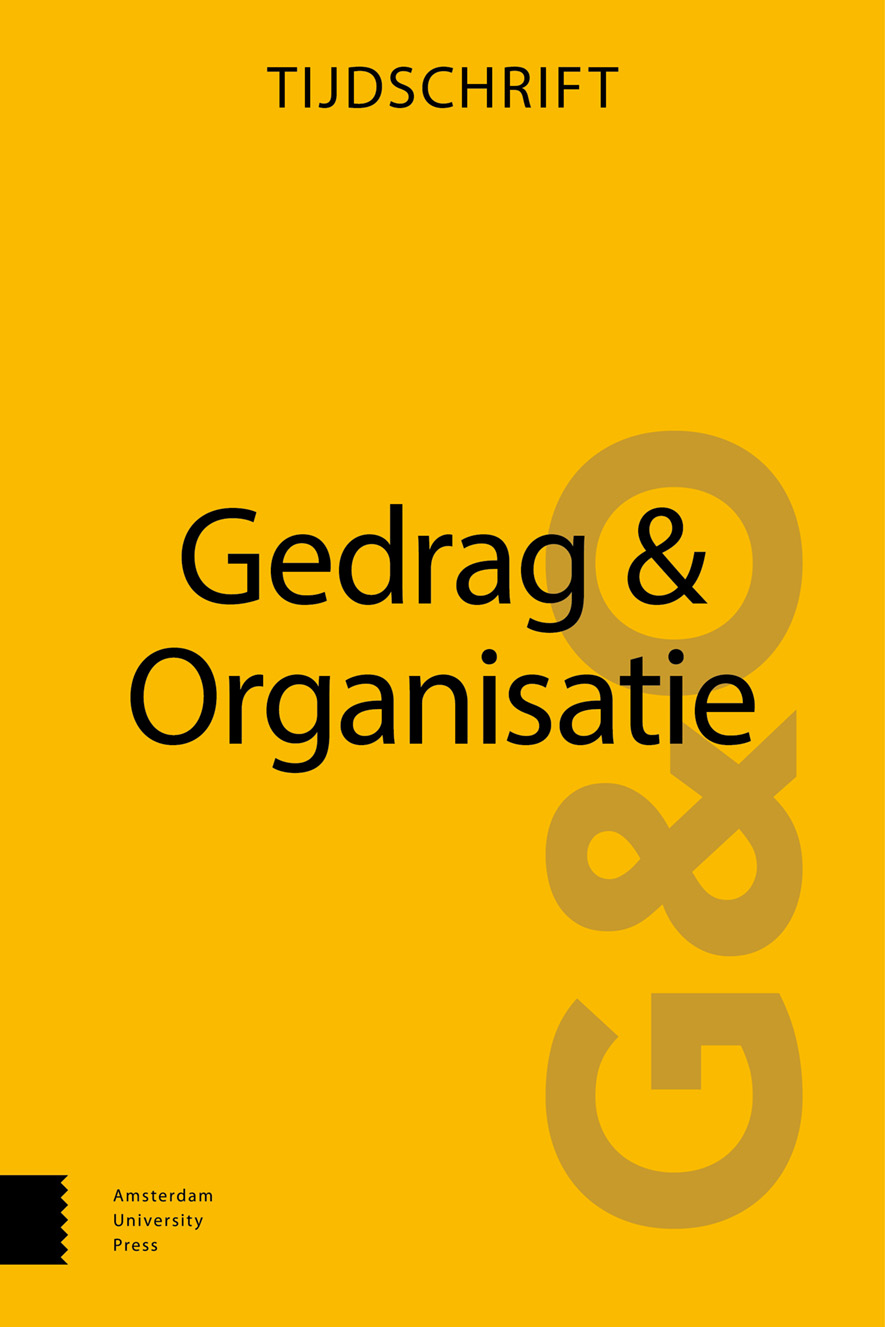-
oa Wanneer bevordert en wanneer hindert werkdruk het werkplekleren?
- Amsterdam University Press
- Source: Gedrag & Organisatie, Volume 25, Issue 1, Mar 2012,
Abstract
When does workload promote workplace learning opportunities, and when does workload hinder workplace learning opportunities?
Building on theoretical frameworks like the Job Demands Control model we tested whether the relationship between workload and employees’ experiences of opportunities for workplace learning is of an inverted u-shaped nature. Furthermore we researched whether autonomy moderates this relationship. We predicted that at moderate levels of autonomy rising workload was associated with increasing learning opportunities at low levels of workload, but with decreasing learning opportunities at high levels of workload. Also, we predicted that low autonomy prevents positive effects of moderate workload from materializing whereas high autonomy makes high workload less destructive to the learning process. We found support for these ideas in a large and heterogeneous sample of Flemish working adults (FWM, 2010). These results integrate conflicting prior findings and extend Karasek’s (1979) active learning hypothesis. They also have clear implications for job redesign practices aiming to promote workplace learning opportunities.


